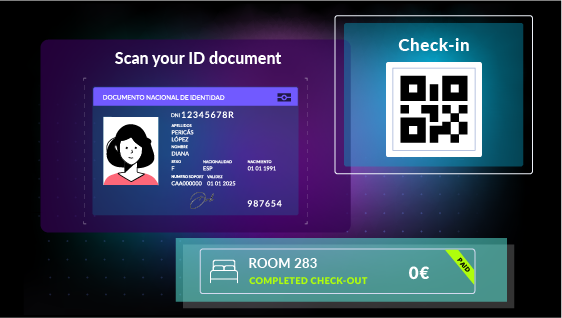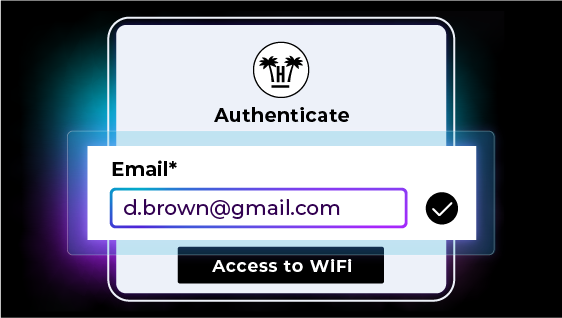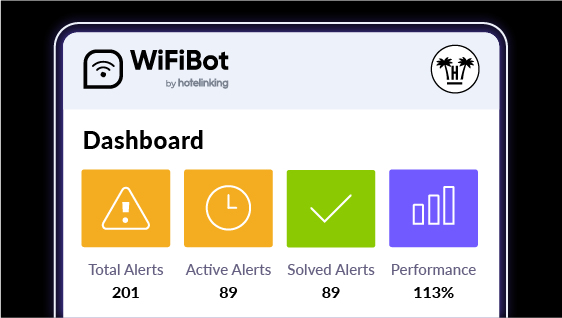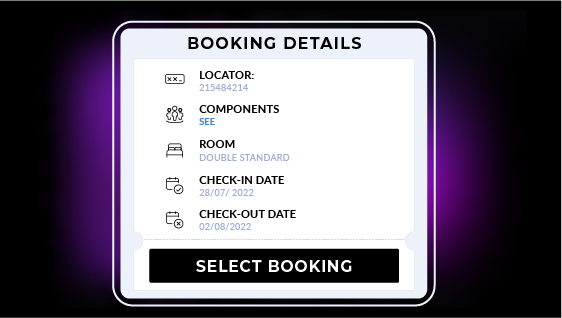
5 technical SEO tips for hotels
No matter where you are based or who you are trying to reach, search engines optimisation (SEO) is crucial for all hotels expecting to sell their services and improve the knowledge and general brand awareness.
Think about users: what do they do when trying to find a hotel? They start a search using sites such as Google, Bing… According to Google, millions of hotel searches are performed every day. People want to find information about the facilities, rates, reviews, availability and activities in the area. Search engines show results pages but, how many people click after the first page? According to studies, only 5 % of people access the second page with results. Therefore, how can you improve your possibilities of appearing on this first page? With good SEO.
In this article, we will give you 5 technical SEO for hotels tips so that your web can be at the top.
What do we mean by technical SEO? Tips that are not only based on how to write correctly, have titles and descriptions that encourage clicks, pages with content over 700 words… but tips that you will be able to apply directly on your web’s technical side, such as the source code, link configuration, images…
1. Keep your web’s URL clean
What do we mean by a clean URL? A web address that clearly shows the content of the web. For example, if you have created your web with WordPress, we encourage personalising the links so that they show the title of the page, avoiding having URLs such as “www.yourhotel.com/2020-09-10/room-2”, showing instead something such as “www.yourhotel.com/double-room”.
Clean URLs that are also suitable for SEO are a way of helping Google determine which content your website has. If you have a series of words or random numbers for each page, engines will not know which content the page has. Make sure that you choose the keywords that are relevant to your brand and that highlight what users can find in your hotel. Also, make sure you keep it short: Google recommends that URLs are as short as possible.
2. Format and tag your images correctly
Images are crucial for SEO, and there are a couple of ways to use them for your benefit. Before uploading them to your web, make sure that the names of the files contain relevant keywords (just like we mentioned in the URL chapter) and make sure that size is reduced as much as possible without compromising quality. In the third place, once you have added a picture to your web, edit the alternative text to reflect this keyword.
Images play a pivotal role for a hotel web: optimise them as much as possible so that they can help you both in terms of SEO and sales.
3. Prioritise loading speed
What exactly is loading speed? It refers to the speed with which a browser can load utterly functional websites. Low-performance sites that are processed slowly in a browser can drive users away. However, sites that load fast tend to receive more traffic and have better conversion rates.
Besides, in 2010, Google announced that the loading speed of websites would be included in their calculations to determine the search position, and therefore it has become a critical aspect to consider.
What do we have to check to improve the loading speed?
- Weight of the site and call to files: The number of resources that a site needs to load has a significant impact on the performance and loading speed of the same. JavaScript files, video content, heavy CSS files and high definition images add a significant “weight” that may slow down loading time. Keeping websites light, that is, with lightweight files, is crucial, in addition to compressing images, combining CSS files, using compression on the server side…
- Location of the hosting: If the content of our web has to go a long way to get to where it is needed, this results in great network latency and slow load. For example, if a web’s HTML and CSS files are hosted in a data centre in the United States, a user gaining access from Spain will have a long loading time. This is why it is important to have the server hosted in the region where we are going to focus.
4. Optimise the mobile version
According to studies, around 70 % of hotel searches are made from mobile phones. This means that it is imperative that your website is optimised for mobile devices. Search engines want to make it easier for people to find relevant information from anywhere. Use a responsive version for your web and make sure that your visitors have a perfect browsing experience regardless of the device they are using to visit your web.
5. Use SEO logic to structure your site and menu
You must understand what your visitors are after. Find out which search terms they are using and plan your web based on that so that it has the answer to all searches, for example, do you have a mountain hotel? Think about what interests your target visitor: climbing, excursions, being close to a mountain… and structure your web based on that. Your final goal must be that those visiting your web can do what they were looking for. Content management plays an important role in SEO for hotels. Create contents that are useful for your desired profile and show them efficiently on your web.
Conclusion
There are many ways to improve your hotel’s SEO. We hope that with these tips you are a step closer to being on the top of the search results.
Remember to be persevering; it is essential that you update your web often, try to be up-to-date so that Google’s algorithm knows that your website is still relevant for users.








